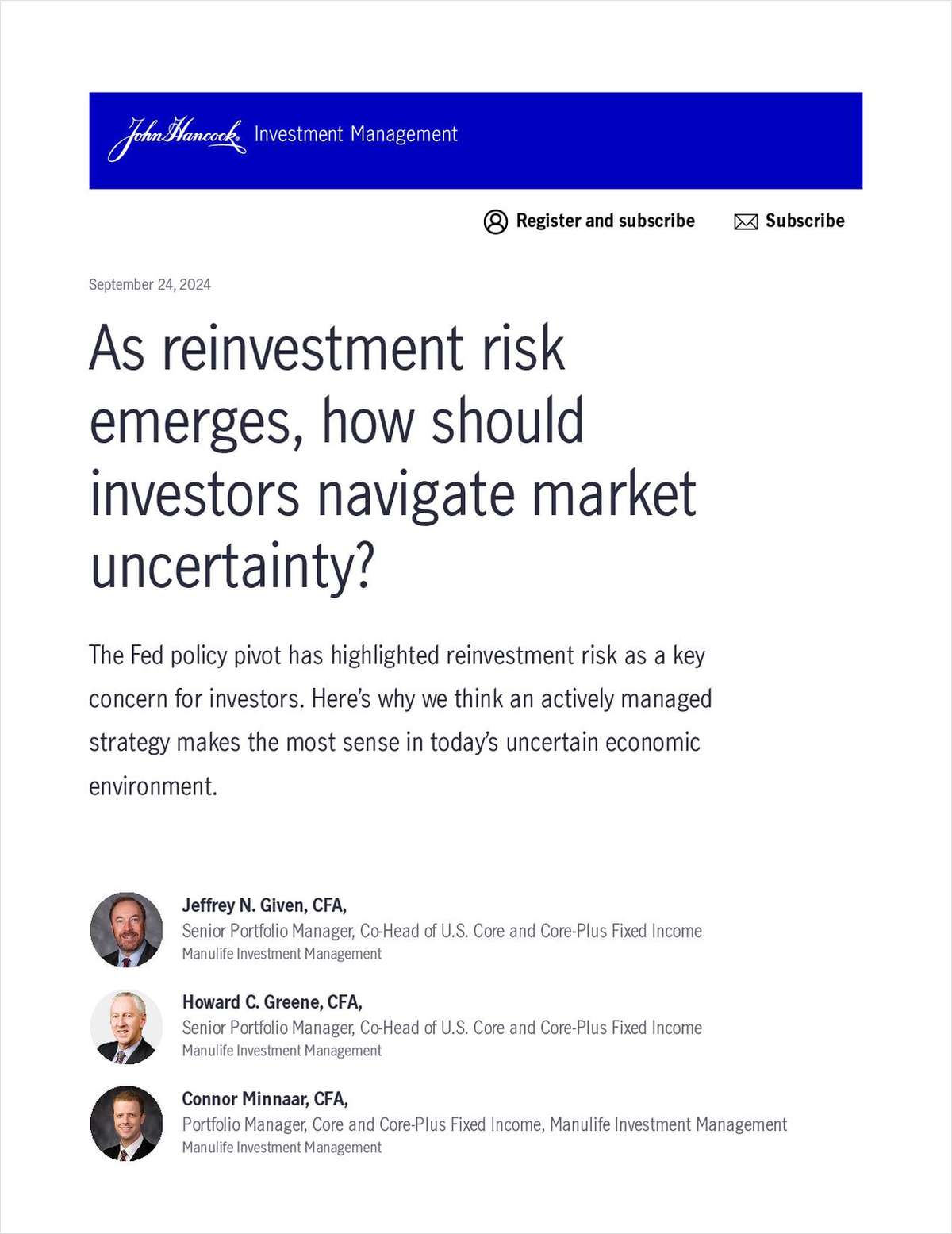About Olivia Mellan's January 2007 column "Retiring Retirement," a couple of points. Concerning the common situation where there is a disparity of plans between spouses, I believe pre-retirement life-planning should be looked at as exploring options and not definite choices. I think once folks get off the working treadmill and have a chance to re-energize, they may find that the life of leisure they so coveted is no longer that appealing. In effect, quarreling before the fact is like saying, "Here's what I want to do when I get to Mars." Until you actually get there, you really don't have a good idea how you'll react. I'm suggesting that "retirement" is really about renewal and the need to stay flexible as the renewal process unfolds.
As to retiring "retirement," I refer to the newly retired as "free agents." In effect, that's what they are and it is a term that represents choices and opportunity and not the winding down of a life as the word retirement implies. To be a free agent whether at age 30 or age 60 is most everyone's goal and having achieved that status can be liberating.
By the way, I think your work and the underlying psychological drivers that you discuss are more important than 99% of financial plans. It usually doesn't come down to money, but to the mind and to the heart.
Daniel Wishnatsky CFP
Special Kids Financial
Phoenix, Arizona
Hummers Get Poor Mileage
Regarding the February Puzzler by Ben Warwick, "The True Costs of Active Management," I appreciate the sentiments and have long held that many, especially multibillion dollar, large-cap mutual funds are nothing more than expensive indexes. That is why your article is somewhat disingenuous. Using Magellan to illustrate the negative alpha in actively managed funds is like using a Hummer pulling a boat to illustrate that American cars get bad gas mileage–it gets your point across, but just as any mileage concerned consumer would steer away from the Hummer, any rational advisor would have moved their client's assets out of Magellan 10 years ago.



